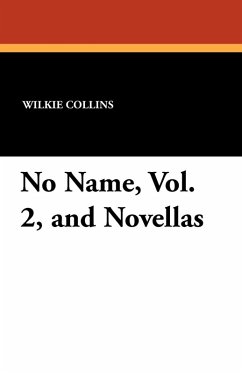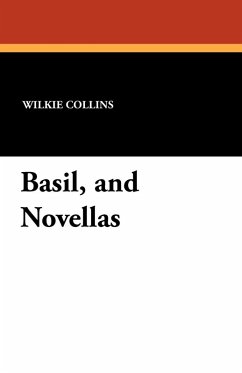
No Name, Vol. 2, and Novellas
Versandkostenfrei!
Versandfertig in 1-2 Wochen
27,99 €
inkl. MwSt.

PAYBACK Punkte
14 °P sammeln!
In the second volume of No Name, Wilkie Collins continues the gripping tale of Magdalen Vanstone, a young woman determined to reclaim her rightful inheritance after being disinherited due to a legal technicality. As Magdalen's cunning and resourcefulness are tested, the novel delves deeper into themes of identity, social justice, and the complexities of Victorian law. The accompanying novellas further showcase Collins' talent for suspense and intricate plotting, offering readers a rich tapestry of Victorian intrigue and moral dilemmas.












